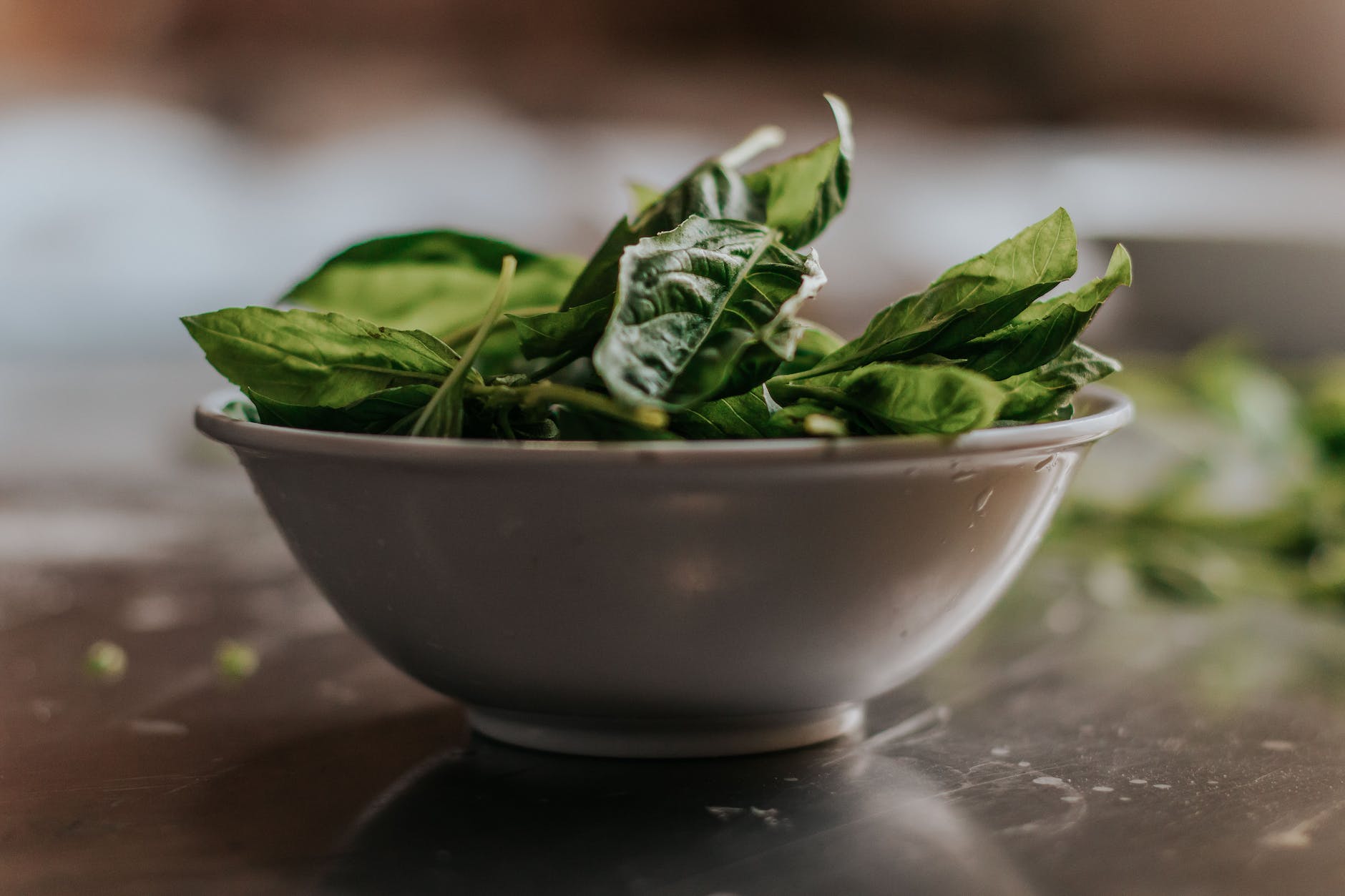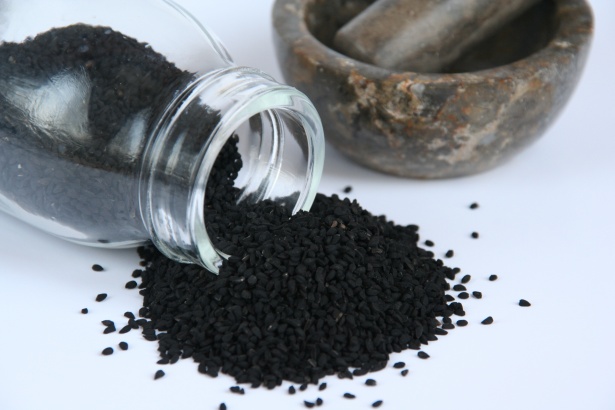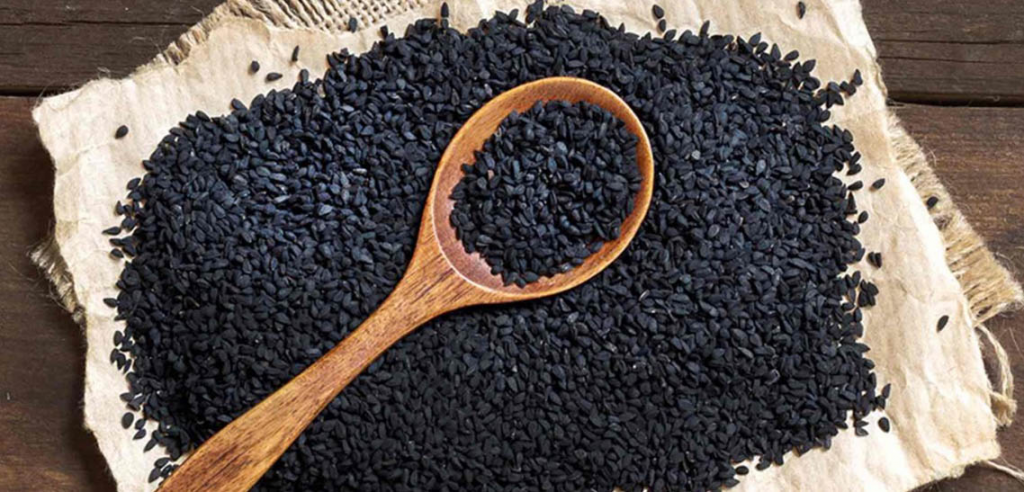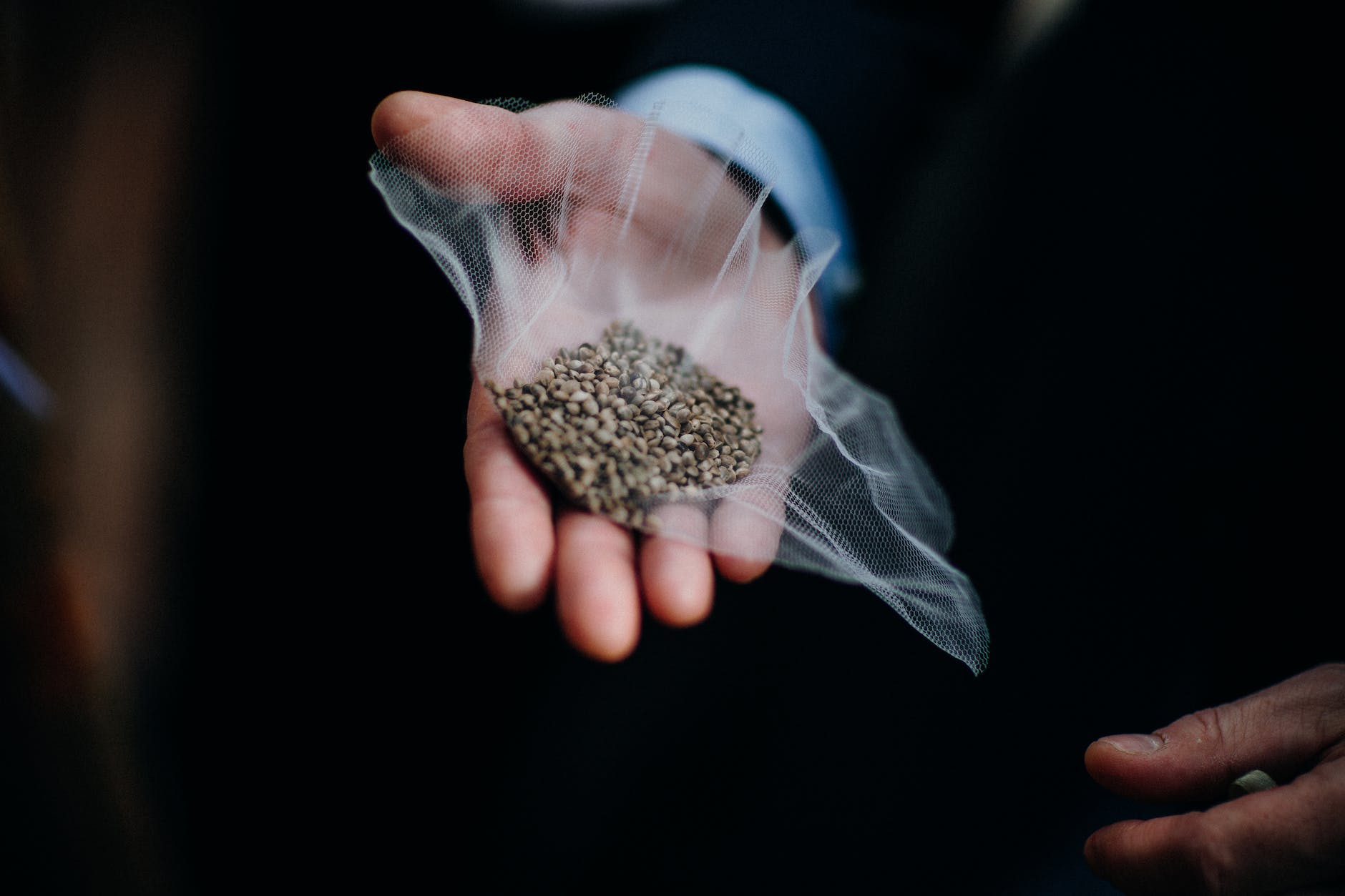
Spinach, with its vibrant green leaves and a myriad of health benefits, has rightfully earned its reputation as a nutritional powerhouse. This leafy green is not only rich in essential vitamins and minerals but also low in calories, making it an excellent addition to any weight loss journey. In this comprehensive guide, we’ll delve into the remarkable nutritional profile of spinach, explore its role in promoting weight loss, and provide tips on incorporating this superfood into your diet.
The Nutritional Value of Spinach
Before we dive into its weight loss benefits, let’s take a closer look at the impressive nutritional content of spinach:
- Vitamins: Spinach is a treasure trove of vitamins, including vitamin A, vitamin C, vitamin K, and folate (vitamin B9). These vitamins play essential roles in immune function, cell growth, and overall health.
- Minerals: Spinach is a good source of minerals like iron, calcium, and magnesium. Iron is crucial for oxygen transport in the blood, while calcium and magnesium support bone health and muscle function.
- Antioxidants: Spinach is packed with powerful antioxidants such as beta-carotene and lutein, which help protect the body against oxidative stress and inflammation.
- Fiber: One of the standout features of spinach is its high fiber content. Fiber aids digestion, promotes a feeling of fullness, and helps regulate blood sugar levels.
- Protein: While not as protein-rich as animal-based foods, spinach still contains a notable amount of plant-based protein, which is essential for tissue repair and overall body function.
Spinach for Weight Loss
1. Low Calorie and High Volume
For those looking to shed extra pounds, spinach is a game-changer. With just 23 calories per 100 grams, you can fill your plate with spinach and still keep your calorie intake in check. Its high volume makes it satisfying, allowing you to consume a generous portion without consuming excess calories.
2. Appetite Control
The fiber content in spinach works wonders for controlling appetite. Fiber adds bulk to meals, slowing down digestion and promoting a feeling of fullness, which can curb overeating and support weight loss efforts.
3. Nutrient Density
Incorporating spinach into your diet means loading up on essential nutrients without packing on excess calories. Its impressive nutrient density ensures you get a wide array of vitamins and minerals while keeping your calorie intake low.
4. Versatile and Delicious
Spinach’s versatility is a blessing for weight loss enthusiasts. It can be enjoyed raw in salads, blended into smoothies, sautéed as a side dish, or added to soups and stews. Its mild flavor allows it to complement a variety of dishes.
5. Blood Sugar Regulation
The fiber and antioxidants in spinach contribute to stabilizing blood sugar levels, helping prevent sudden spikes and crashes that can trigger cravings for unhealthy foods.
How to use Spinach for Weight Loss?
Adding spinach to your meals is simple and enjoyable. Here are some ideas to include this nutritious green in your daily diet:
- Morning Smoothie: Blend spinach with your favorite fruits, Greek yogurt, and a splash of almond milk for a nutrient-packed breakfast.
- Salads: Create vibrant salads by tossing spinach with colorful veggies, nuts, seeds, and a light vinaigrette.
- Stir-Fries: Add spinach to stir-fries along with your choice of protein and other vegetables for a quick and healthy meal.
- Omelets: Boost the nutrition of your omelets by adding sautéed spinach and other veggies.
- Soups and Stews: Enhance the nutritional value of your soups and stews by incorporating spinach during cooking.
- Sautéed Side Dish: Simply sauté spinach with garlic and olive oil as a delightful and nutritious side dish.
FAQs – Spinach Nutrition and Weight Loss
1. Is spinach a good source of fiber? Yes, spinach is an excellent source of dietary fiber. One cup of cooked spinach contains around 4 grams of fiber, which can aid in digestion and promote a feeling of fullness, making it beneficial for weight loss.
2. What nutrients does spinach contain? Spinach is rich in essential nutrients such as vitamins A, C, K, and folate, as well as minerals like iron and magnesium. These nutrients contribute to overall health and can support weight loss efforts.
3. How much protein does spinach have? Spinach is not particularly high in protein, but it still provides a small amount. One cup of cooked spinach contains approximately 5 grams of protein.
4. Can spinach help with weight loss? Yes, spinach can be a valuable addition to a weight loss diet. It is low in calories but high in nutrients and fiber, which can help you feel satisfied and prevent overeating.
5. How can I use spinach for weight loss? Spinach is versatile and can be added to salads, smoothies, omelets, and various other dishes. Its mild flavor makes it easy to incorporate into your meals.
6. Are there specific benefits of spinach for weight loss? Spinach is a nutrient-dense leafy green that can aid in weight loss due to its low calorie content and high fiber and water content, which can promote satiety.
7. What are the benefits of spinach juice for weight loss? Spinach juice can be a convenient way to consume the vegetable’s nutrients. Drinking spinach juice may help provide essential vitamins and minerals that support weight loss and overall health.
8. How to eat spinach for weight loss? You can eat spinach raw in salads, sauté it as a side dish, or blend it into smoothies. Avoid adding high-calorie dressings or excessive amounts of oil to retain its weight loss benefits.
9. What are the nutrition benefits of spinach? Spinach is packed with vitamins, minerals, and antioxidants, which can support overall health. Its nutrients may help boost immunity and contribute to a balanced diet.
10. Are there any specific nutrition benefits of spinach? Yes, spinach is especially rich in vitamin K, which plays a role in bone health and blood clotting. It is also an excellent source of vitamin A, which is essential for vision and skin health.
Conclusion
Spinach is a superstar in the world of weight loss and nutrition. Packed with vitamins, minerals, and fiber, this leafy green is an excellent ally for those striving to shed pounds and maintain a healthy lifestyle. Embrace the goodness of spinach and savor its countless health benefits while working towards your weight loss goals.
Disclaimer: The information provided in this article is for educational purposes and should not be considered as a substitute for professional medical advice or treatment. Always consult with a healthcare professional before making significant changes to your diet or lifestyle.
Blog Tags: Spinach Nutrition, Spinach for Weight Loss, Spinach Benefits, Healthy Eating, Weight Loss Tips, Nutrient-Dense Foods, Low-Calorie Foods, Appetite Control, Fiber-Rich Foods, Plant-Based Protein, Blood Sugar Regulation















